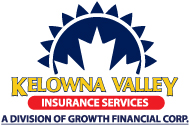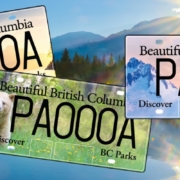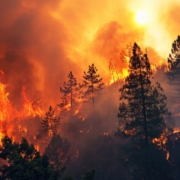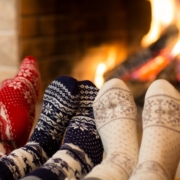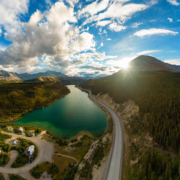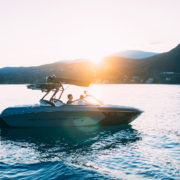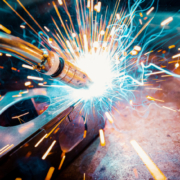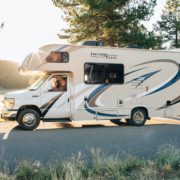Insurance for Landlords: Protecting Your Rental Property
Protect your rental property with comprehensive insurance for landlords; learn how to safeguard your investment.
Owning a rental property can be a rewarding investment. However, being a landlord also comes with unique responsibilities, especially regarding insurance. Whether you are renting out a single-family home, a condo, or a multi-unit property, it is paramount that you adequately protect your investment. Regarding insurance for landlords, we recommend working closely with a licensed broker who understands the intricacies of rented dwellings.
Insurance for Landlords – Reviewing Your Policy with a Licensed Broker
The first step in safeguarding your rental property is to review your insurance policy with a licensed broker. A broker can help you understand the specific coverage options and tailor a policy that meets your needs. Rental property insurance isn’t a one-size-fits-all solution. The requirements for coverage can vary depending on factors like the type of property, the number of units, and the occupancy status.
Your broker will walk you through the different components of your policy so you clearly understand the details of your coverage. They can also provide valuable advice on additional coverage options that may be beneficial, such as protection against loss of rental income or coverage for legal expenses in case of tenant disputes.
Understanding Replacement Cost: Protecting Your Investment
Replacement coverage is one of the most critical aspects of rental property insurance. This ensures that in the event of a covered loss, you have enough coverage to rebuild or repair it to its original condition without taking a hit on your finances. However, determining the correct replacement cost can take time and effort.
Many landlords make the mistake of insuring their property based on its market value, which doesn’t account for the cost of rebuilding. Market value can fluctuate based on location and real estate trends, but the cost to rebuild your property remains relatively constant. A licensed broker will help you calculate an accurate replacement cost to ensure complete coverage in the case of significant damage.
Do You Need to Insure Appliances?
Another common question landlords face is whether they need to insure the appliances in their rental units. The answer largely depends on who owns the appliances and their value. If you provide the appliances as part of the rental agreement, including them in your insurance coverage is wise. This typically falls under contents coverage, which protects against loss or damage to your provided appliances.
However, if tenants bring appliances, they are responsible for insuring them. A broker can help you understand the nuances of content coverage and ensure that any valuable appliances you provide are adequately insured.
Rental Income: Safeguarding Your Earnings
Rental income is one of the most attractive aspects of owning a rental property but also needs protection. What happens if your property becomes uninhabitable due to a covered loss, like a fire or flood? Without the proper insurance, you could be left without rental income while the property is being repaired.
Loss of rental income coverage can be added to your rental property insurance policy to protect against this risk. This coverage ensures that you continue to receive rental income even if your property is temporarily uninhabitable due to a covered event. It’s an essential safeguard for landlords who rely on rental income to cover mortgage payments and other expenses.
Discuss Occupancy Rules with Your Broker
When renting out your property, it’s essential to understand how occupancy affects your insurance coverage. Most insurance companies have strict rules about how many unrelated individuals can occupy a rental property. Typically, policies only cover a maximum of two (or less common up to 3) unrelated individuals living in the same unit. If your property is rented to more than the maximum unrelated tenants that your specific insurer allows, your insurance may be void, leaving you unprotected in case of a claim.
Before renting your property, discuss the occupancy rules with your broker to ensure your policy remains valid. If you plan to rent to more than two unrelated individuals, your broker can help you find a policy that accommodates this arrangement or give you valuable advice on the necessary steps to stay compliant.
The Importance of Regular Policy Reviews
As a landlord, your insurance needs may change over time, whether due to property upgrades, changes in occupancy, or shifts in the rental market. Regularly reviewing your insurance policy with your broker is crucial to ensure your coverage meets your needs.
At Kelowna Valley Insurance, we’re here to help you navigate the complexities of rental property insurance. Our licensed brokers have the expertise to guide you through every step, from calculating replacement costs to ensuring your rental income is protected. Contact us today to schedule a policy review and ensure your rental property is fully protected.
CONTACT US to help you rest easy knowing that your investment is secure.
